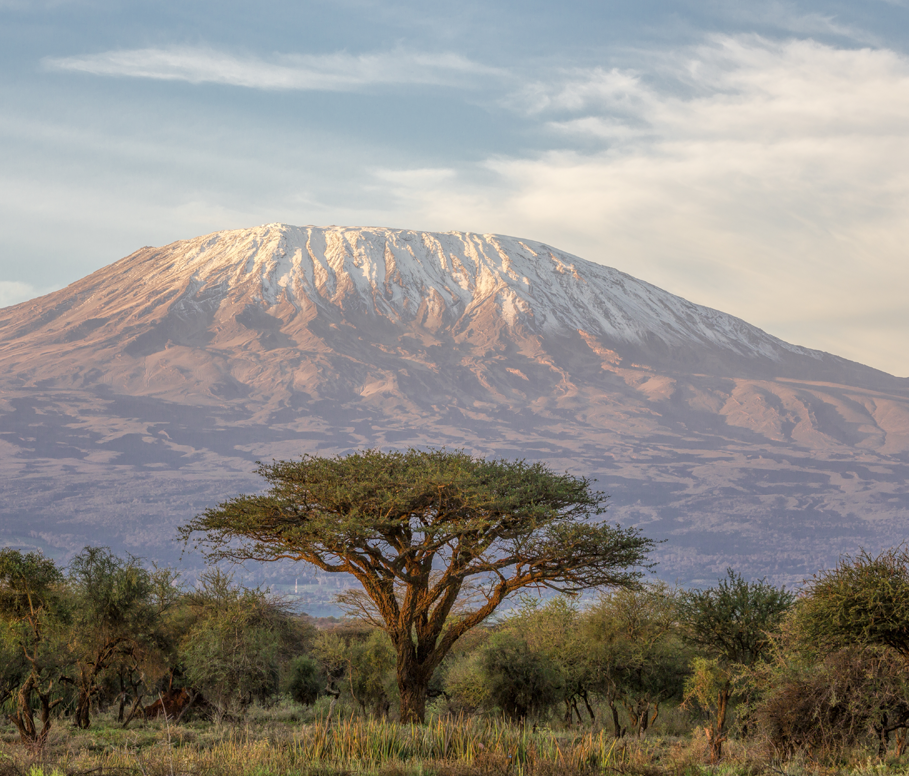In early February, health experts from Kenya and 33 other countries will convene at the 146th session of the World Health Organization (WHO) Executive Board. These delegates form the key decision-making body that guides the WHO on global health, touching on diverse topics ranging from vaccines and food safety to maternal, newborn and child nutrition. As an important regional leader, other countries listen to what Kenya has to say.
This year the Executive Board will revisit the WHO’s Global Strategy and Plan of Action on Public Health, Innovation and Intellectual Property (GSPOA). Negotiated for many years and approved by consensus in 2008, the GSPOA is a framework to help countries set policies to drive discovery of new treatments and cures for diseases that disproportionately affect developing countries. Critically, the GSPOA recognized the importance of intellectual property (IP) protections as “an important incentive in the development of health care products.”
Unfortunately, there have been efforts to refocus the GSPOA on issues that would harm innovation, both for developed and developing countries. Rather than strengthen the IP protections that support health care innovation, some groups have urged governments to weaken them, for example, by breaking patents on new inventions – a drastic action known as compulsory licensing. But studies continue to refute the flawed notion that intellectual property protections prevent patients from accessing new technologies and point to many others barriers that stand in the way
Kenya appreciates the value of intellectual property and innovation, as its key policies and plans note. For example, as part of Kenya Vision 2030 and the current 2018-2020 tactical plan, the government is “accelerating the transition to an innovation-led and knowledge based economy.” This includes facilitating “development of a highly skilled human resources base that would sustainably support and trigger innovation in priority areas,” enhancing “intellectual property rights protection through opening of intellectual property desks at Universities and developing benefit sharing framework,” and implementing a Micro, Small and Medium Enterprises (MSMEs) Development Programme that includes elements such as “inculcation of entrepreneurial culture and skills development,…incubation, innovation and technology transfer,…and intellectual property right registration.”
The country has made some progress in building its innovation economy, but remains among the middle of the world in terms of innovation, and currently falls below the African Union target of spending 1 percent of gross domestic product on research and development.
The country has made some progress in building its innovation economy, but remains among the middle of the world in terms of innovation, and currently falls below the African Union target of spending 1 percent of gross domestic product on research and development.
Importantly, Kenya has not been particularly vocal at international forums in promoting intellectual property and innovation. The February 2020 WHO Executive Board meeting is an excellent opportunity for Kenya to underscore the value of innovation on the global stage – and help to find real solutions to pressing global health challenges.
For example, Kenya can help prompt a serious conversation about better using incentives, including intellectual property, to spur more research and development into diseases affecting the developing world. Kenya can also stress the need for countries, at all levels of development, to have strong health care systems that enable universal access to safe and affordable medicines.


